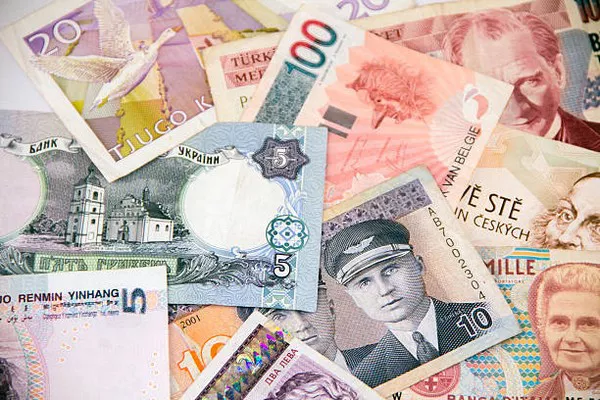GBP/USD extended its losses during Wednesday’s Asian session, trading around 1.3300 after retreating from a seven-month high of 1.3424 set in the previous session. GBP/USD weakened as investors’ risk appetite shifted towards US assets, including the US dollar (USD), boosted by a more optimistic tone from US President Trump.
President Trump helped ease market concerns by reaffirming his support for Federal Reserve Chairman Jerome Powell, saying: “The media always exaggerates. No, I have no intention of firing him. I wish he would be more aggressive in lowering interest rates.”
Further improving sentiment, U.S. Treasury Secretary Scott Bessent described the ongoing trade conflict with China as “unsustainable” and expressed confidence that it could be resolved. Although formal negotiations have yet to begin, Bessant told attendees at a private JP Morgan Chase & Co. event in Washington that a deal could be within reach soon.
Trump further reinforced that optimism, highlighting progress in trade talks with China. While he dismissed the possibility of a significant increase in tariffs — clarifying that they would not rise to 145 percent — he also said existing tariffs would remain in place in the short term.
Meanwhile, the British pound (GBP) remained under pressure as investors grew more cautious about the outlook for the Bank of England’s (BoE) monetary policy, particularly against the backdrop of international trade tensions sparked by the Trump administration. Speculation has been growing that the Bank of England may choose to cut interest rates at its May policy meeting as uncertainty over the global economy persists.
In addition, the UK’s trade relationship with the United States is also changing, with the Trump administration imposing reciprocal tariffs of 10% on steel and 25% on foreign cars. While a trade deal remains possible, the current dynamics weighed on GBP sentiment.
You Might Be Interested In:
- What Happens to Your House If the U.S. Dollar Collapses?
- 15+ Destinations Where You Will Get the Most Value for…
- Who Benefits from a Strong Dollar?


